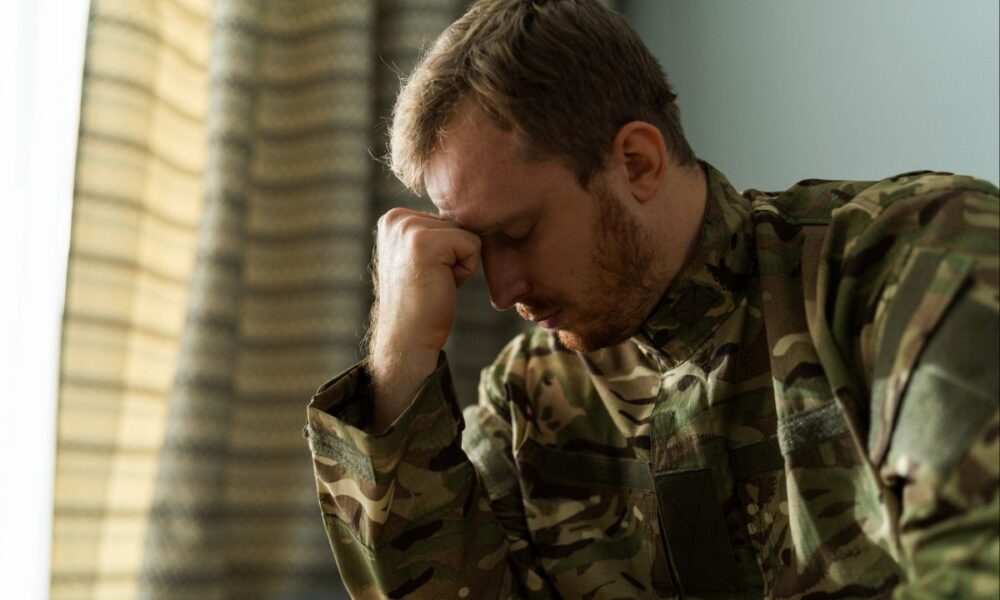Five months after Texas Gov. Greg Abbott signed Senate Bill 2308 into law, the state is preparing to launch the nation’s largest state-funded psychedelic research initiative: a $50 million program centered on Ibogaine, a plant-derived psychoactive compound.
The effort aims to move Ibogaine through FDA-approved clinical trials targeting post-traumatic stress disorder (PTSD), traumatic brain injury (TBI), opioid addiction, and other related mental health conditions that have greatly affected veterans.
The Texas Health and Human Services Commission (HHSC) issued its Request for Consortium Proposals in July, requiring applicants to form teams including a public university, a pharmaceutical developer, and a Texas hospital.
Although HHSC has not yet announced the winning consortium, finalists are allegedly already preparing “Investigational New Drug” applications with the FDA. Once chosen, the winning group must seek “Breakthrough Therapy” designation and conduct trials in cardiac-monitored facilities due to Ibogaine’s potential heart risks.
Bryan Hubbard, executive director of the American Ibogaine Initiative, stated in recent interviews that magnesium co-administration has significantly enhanced Ibogaine’s safety, surpassing some of the treatment benefits currently offered to patients across America.
“These risks can be fully mitigated with the co-administration of magnesium, which is the standard of care in the best Ibogaine clinics… For 80% of people, one dose of Ibogaine can fully reset the brain’s dependency on opioids… Ibogaine shortens that recovery process to just two days,” Hubbard told Medium.com.
Stanford Study Strengthens the Case For Ibogaine’s PTSD Benefits
Support for ibogaine trials surged after Stanford Medicine released updated results from a 2024–2025 study tracking 30 special operations veterans with mild-to-moderate TBIs from “blast exposure.” Participants received a single ibogaine dose alongside intravenous magnesium at a clinic in Mexico.
The outcomes were striking: PTSD symptoms dropped 88% within a month, and 71% of participants no longer met diagnostic criteria after a year. Depression scores fell 87%, anxiety by 81%, and cognitive function improved across multiple other areas. World Health Organization’s Disability scores dropped from 30.2 (moderate disability) to 5.1 (no disability).
Brain imaging also showed signs of neural repair and reduced “hypervigilance,” and no serious cardiac events were recorded under the magnesium protocol.
“No other drug has ever been able to alleviate the functional and neuropsychiatric symptoms of traumatic brain injury…The results are dramatic, and we intend to study this compound further,” said Dr. Nolan Williams.
Famous Veterans Advocate Push for Ibogaine Access
High-profile veterans have become some of Ibogaine’s most vocal supporters.
Former Navy SEAL Robert O’Neill, who led the 2011 Osama bin Laden raid, discussed his experiences with the drug on his podcast The Operator, crediting Ibogaine with helping him overcome years of trauma. “No more nightmares, no more hypervigilance,” O’Neill said, “Put an Ibogaine clinic in every damn VA hospital.”
O’Neill’s advocacy follows similar testimony from Green Beret Chris Thompson and Medal of Honor recipient Dakota Meyer, both of whom testified in support of the ibogaine legislation at the Texas Capitol on April 7.
From Mexican Clinics to FDA Oversight
Before SB 2308, thousands of veterans allegedly traveled to Mexico for unregulated ibogaine treatments.
The new law will reportedly bring those efforts under the supervision of both state and federal authorities, enrolling up to 300 participants — primarily veterans and first responders — while requiring medical screenings to detect cardiac risks.
“Texas will now lead the way in America for the evaluation of ibogaine as a potential medication that can help improve the lives of so many veterans,” Abbott said when signing the bill back in July.
Quarterly progress reports to the Legislature begin December 1, 2025. If successful, the trials could earn ibogaine “Breakthrough Therapy” status by 2028, opening the door to new compassionate-use programs for veterans in need.
A New Psychedelic Frontier
The initiative builds on Texas’s earlier psilocybin research (another psychoactive compound being studied for its potential medical benefits) under HB 1802 and mirrors Arizona’s $5 million investment in Ibogaine.
For many veterans, the promise holds personal significance.
“Before the treatment, I was living life in a blizzard with zero visibility and a cold, hopeless, listless feeling,” Sean, a 51-year-old veteran from Arizona – with six combat deployments – told Stanford researchers. “After ibogaine, the storm lifted.”


